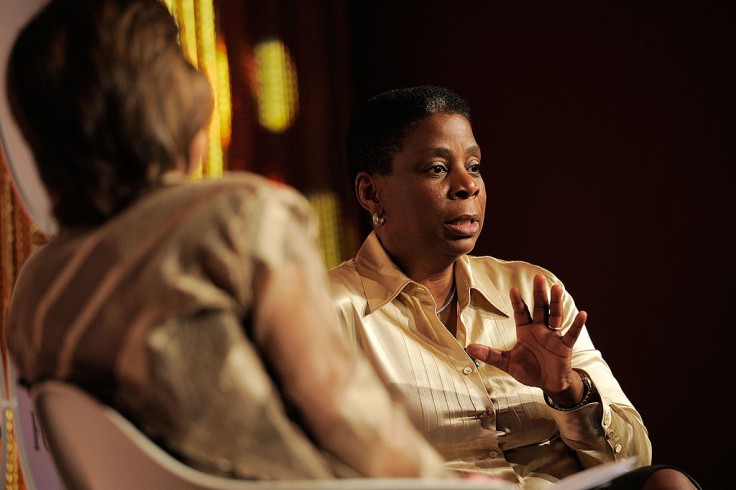
Former Xerox CEO Ursula Burns, who became the first Black woman CEO in a Fortune 500 company in 2009, said in a report in NBC Connecticut that she would not have made it as a company CEO had she not outsourced the care for her kids.
She relied on outsourced child care and her late husband, Lloyd Bean, to help take care of her two children. According to Burns, other parents negatively perceive the strategy, but she credits her career success to it. She does not believe that you have to go to all your children's activities, she told CNBC Make It, and when she did attend a game, she did not watch every second of it.
"Not a Big Deal"
When she became the CEO of Xerox in 200, she did not think of it as a "big deal." However, as the first Black female CEO of a Fortune 500 company, it was a big deal for the world because she made history. When the calls from big people started pouring in, such as from former U.S. President Bill Clinton, Al Sharpton, and Magic Johnson, she started feeling that it was indeed a big deal, according to a report from CNBC Make It.
She was the leader of Xerox from 2009 to 2016 and remained as Xerox's Chairman until 2017 after the company split into Xerox and Conduent -- two separate corporate entities. According to Forbes, she has made the company a "viable and profitable business."
Modern Parenting
Her late husband retired early to become a stay-at-home dad, and her sister, who lived nearby, helped out at times. She is not a helicopter parent, and outsourcing or seeking help in raising her children helped her as she started rising on the corporate ladder. She believes that it takes a village to raise children.
Burns attributed her independence, being a loner, and compliance to having grown up as a middle child in a single-parent household. She did not want to get herself in trouble or cause trouble for her mom. Her humble background helped her understand that it's okay not to be too nice.
Her mom was an immigrant from Panama. After being left alone by her husband, she raised three children by herself by relying on welfare, bartering, cleaning offices, and doing childcare work for others.
Humble Beginnings
Burns' mother was a single parent, but she always reminded her kids that "the world doesn't happen to you. You have to happen to the world." Blacks have been fundamentally marginalized during these times when her mother was raising three kids in a terrible neighborhood where drunkards and drug addicts abound. However, her being a minority became her asset. Burns said that her mother truly believed that Blacks would be something in the future.
Her natural comfort was being the only few among people in a room. According to Burns, her being a minority and being quite the loner turned out to be advantageous in the line of work that she wanted to do.